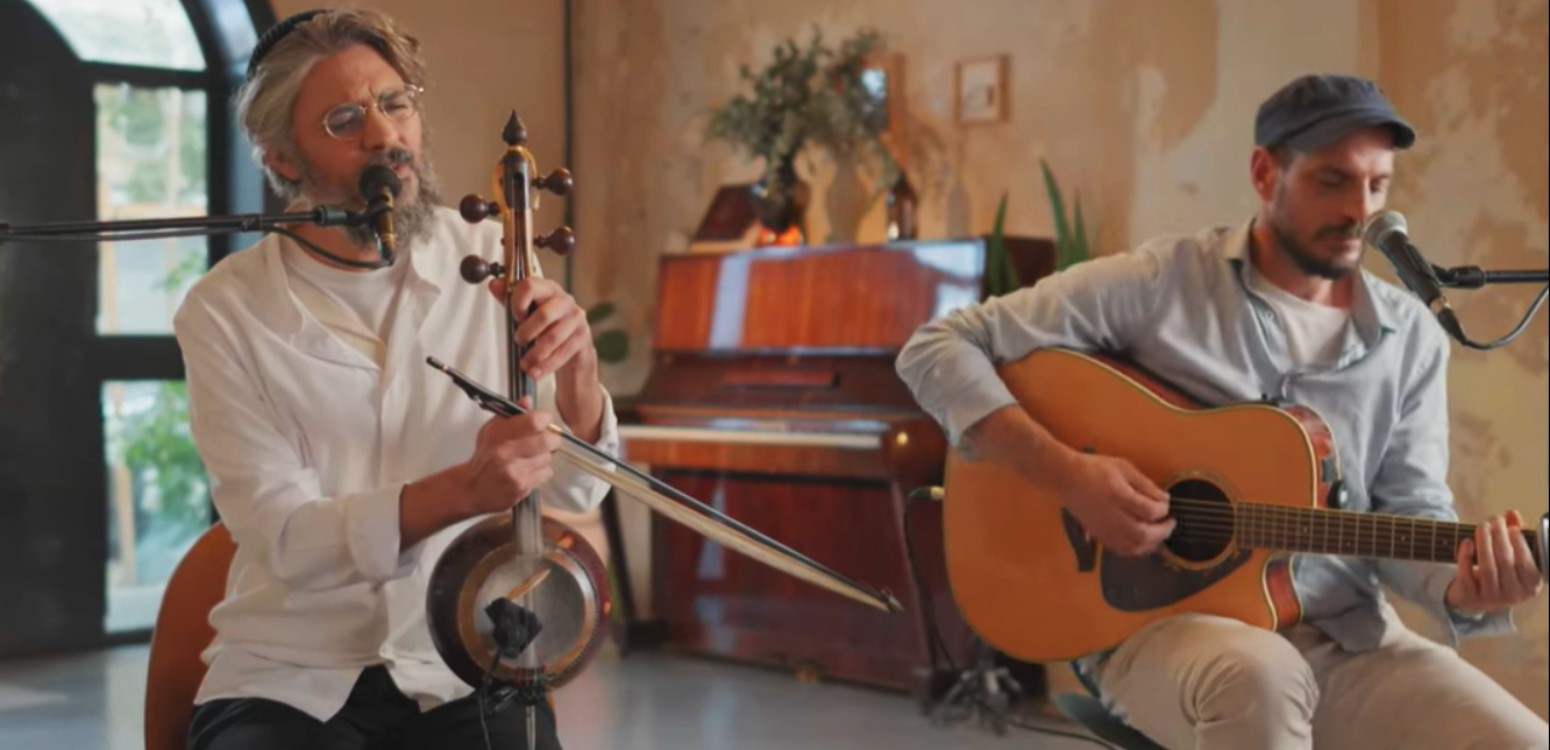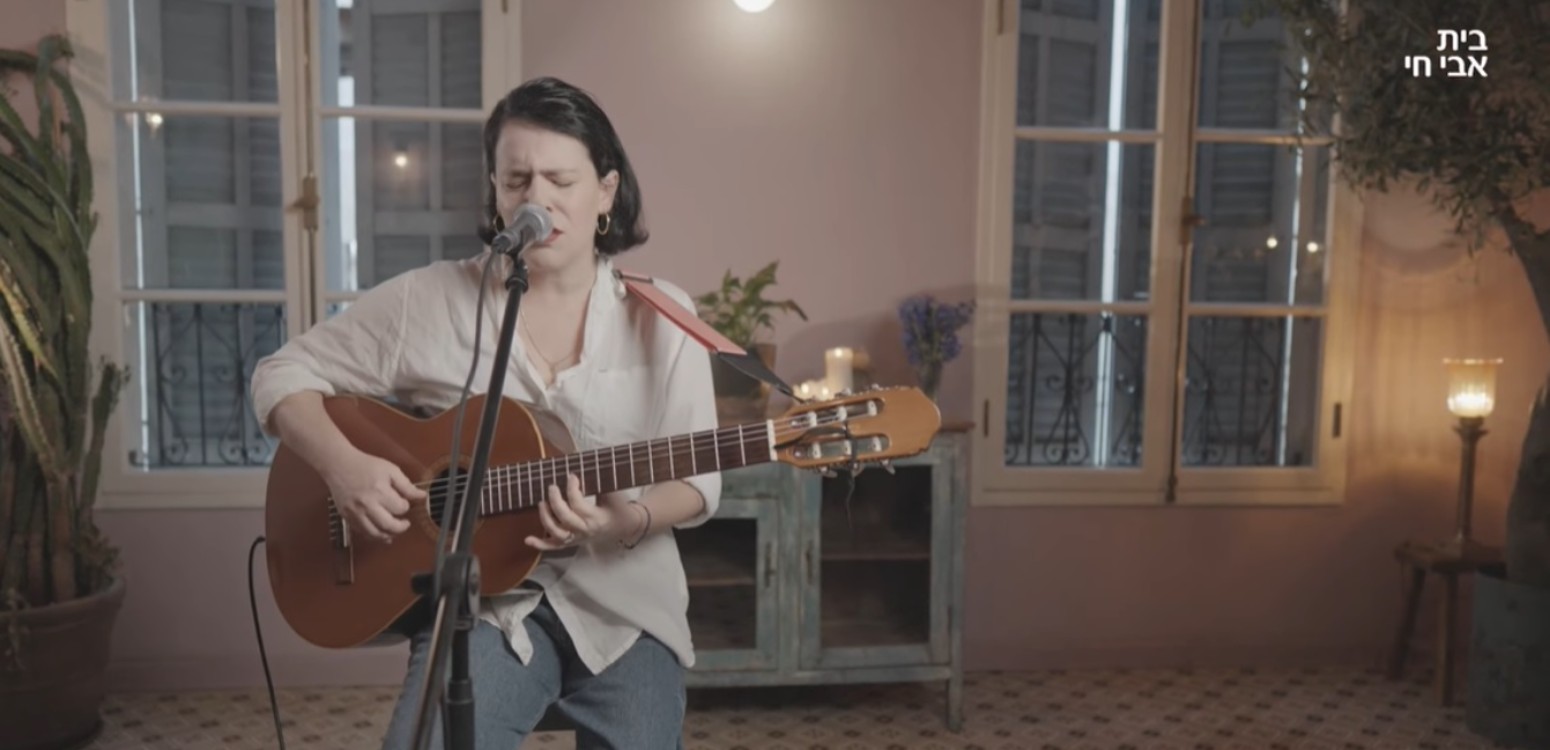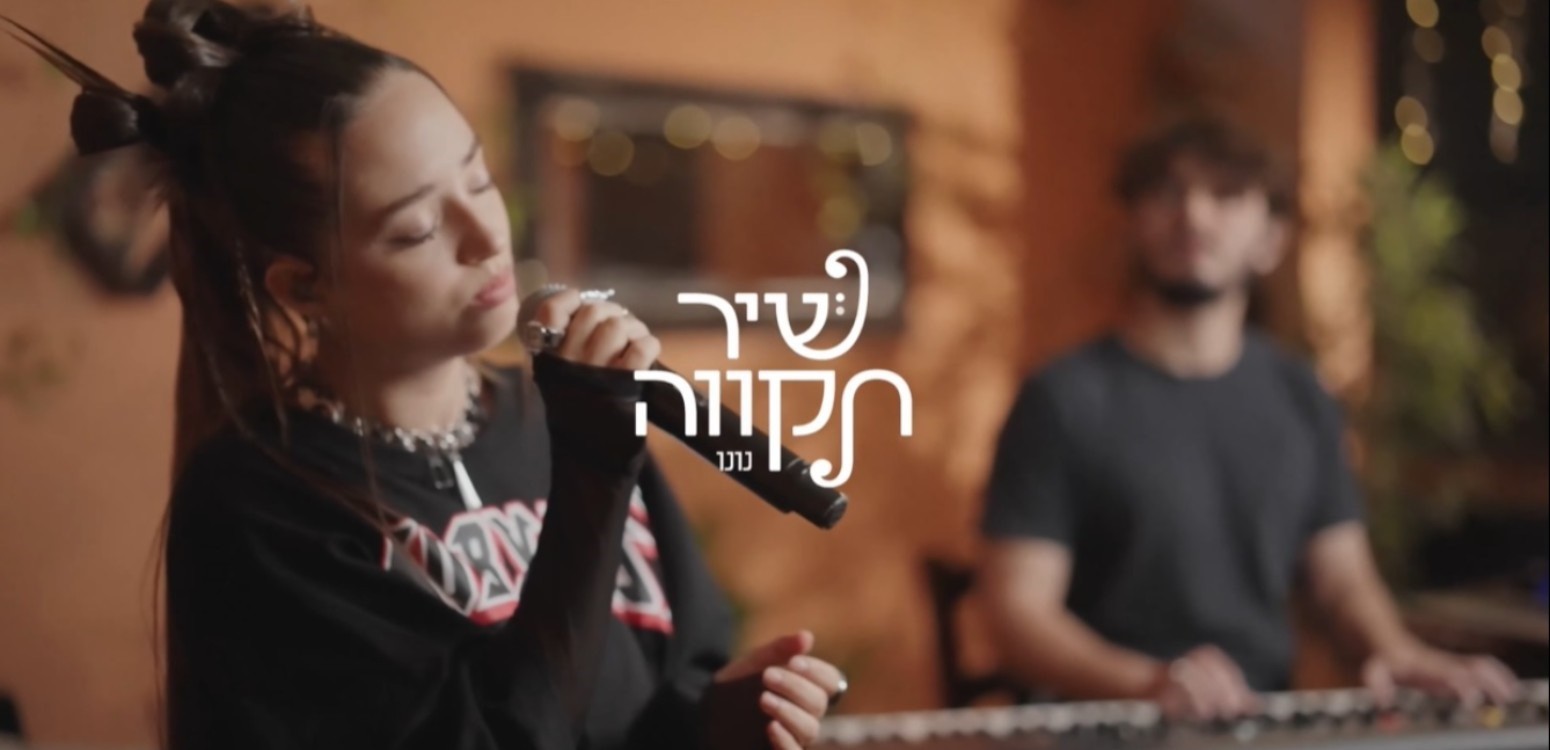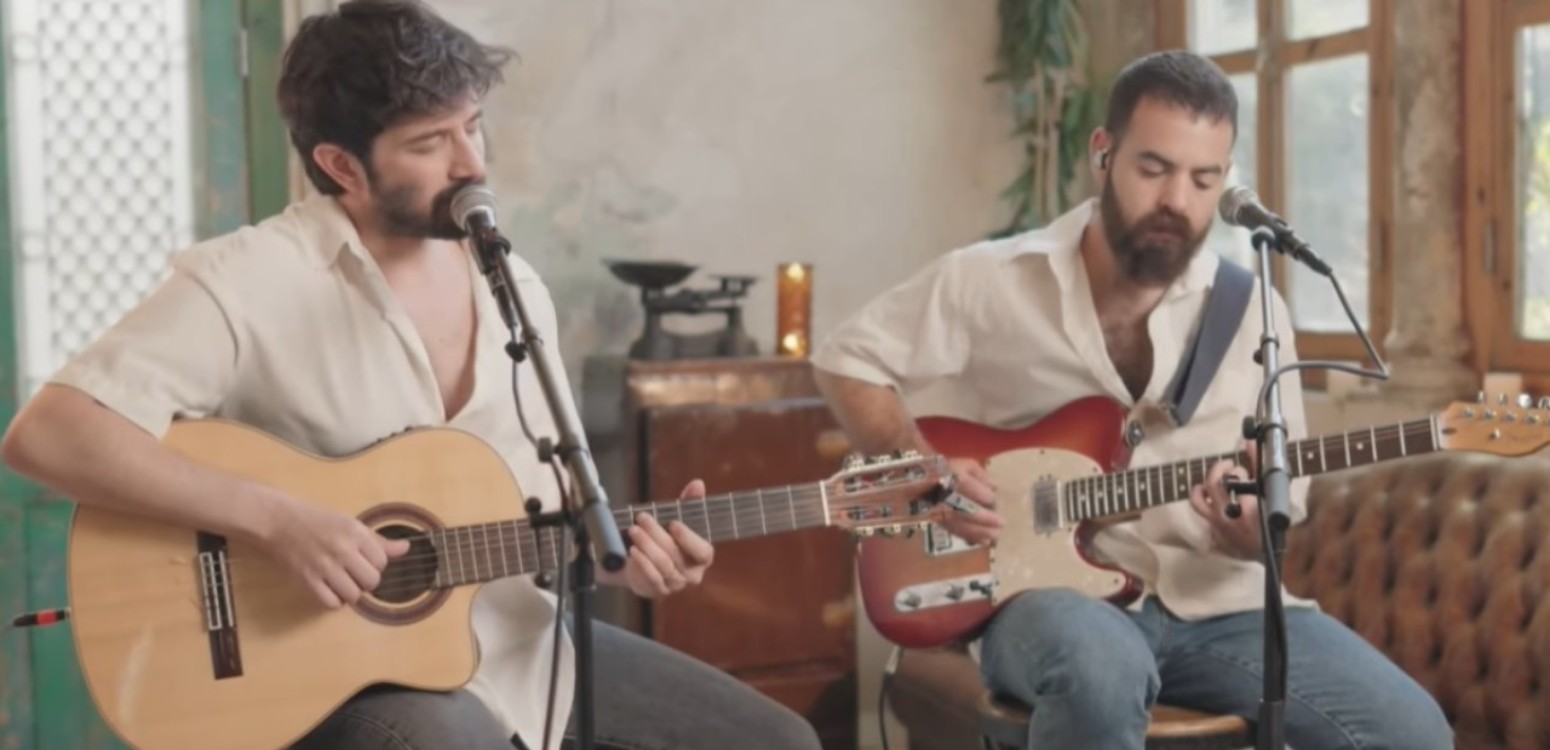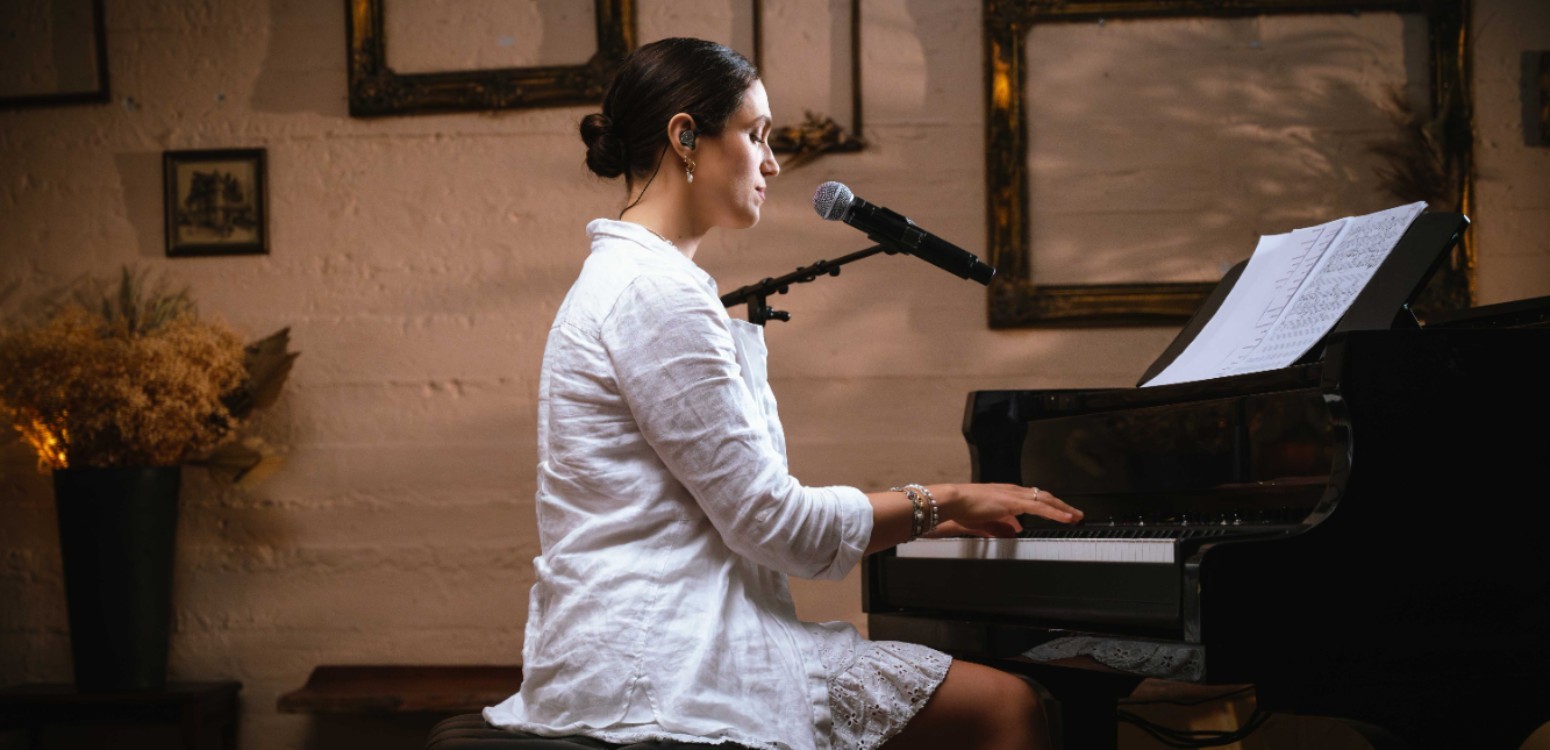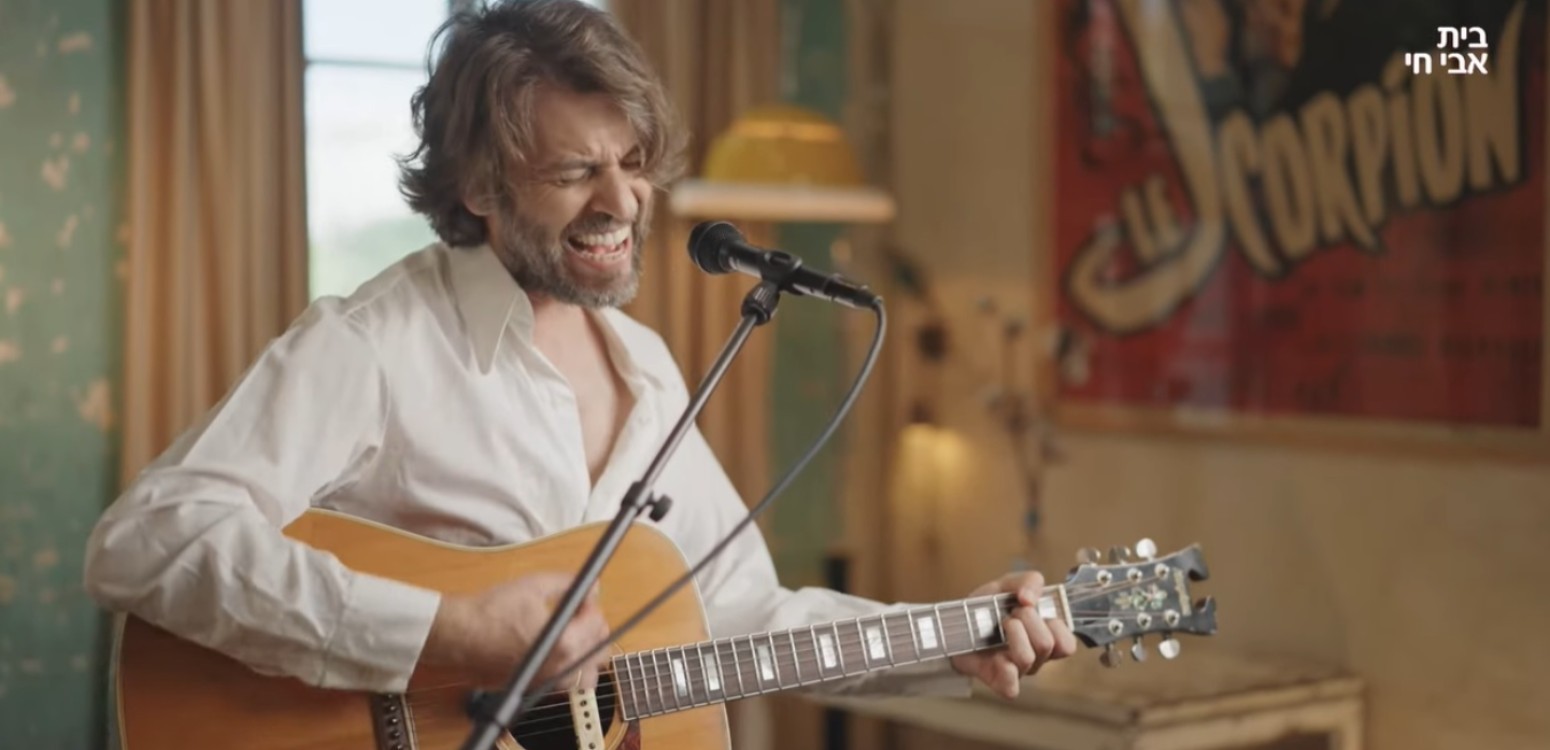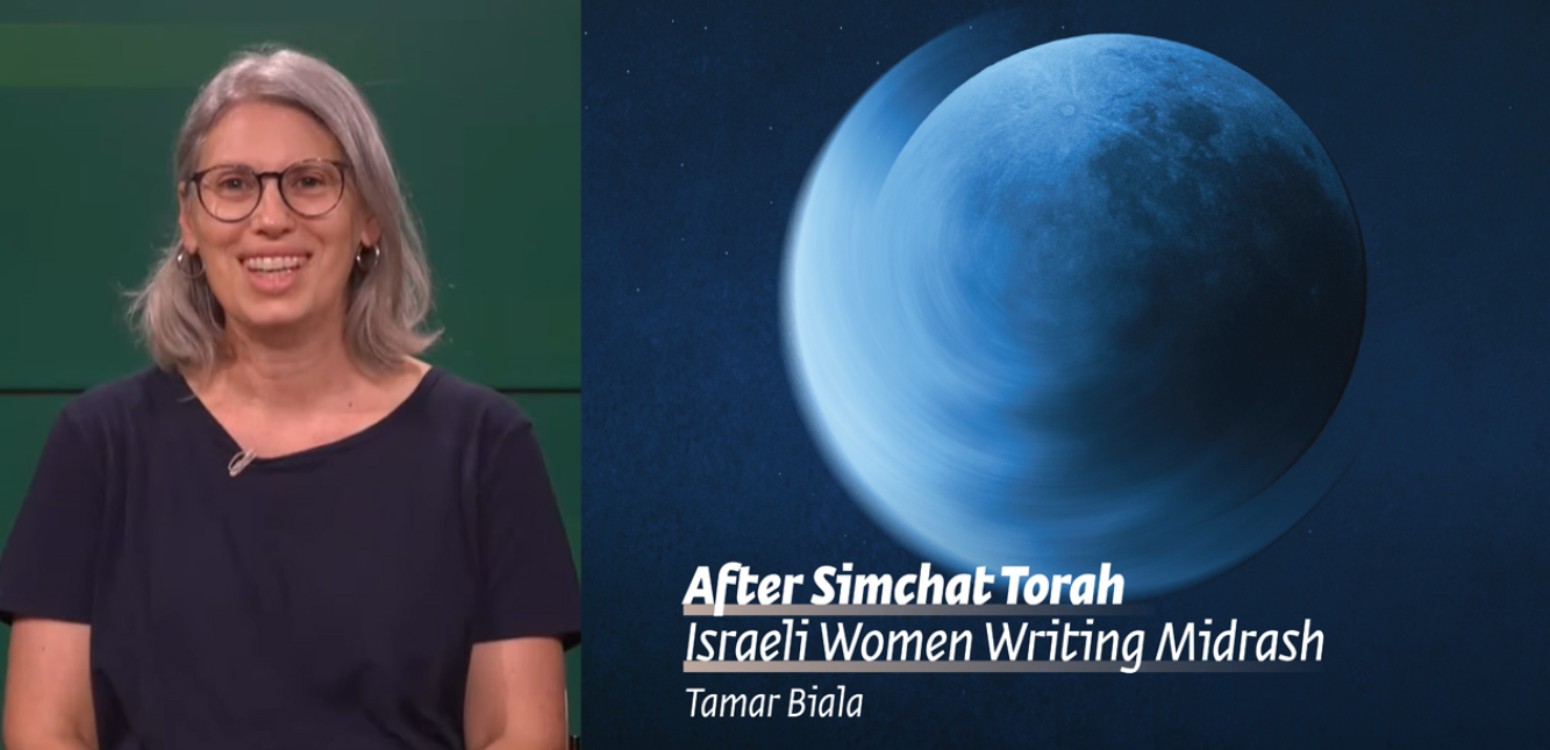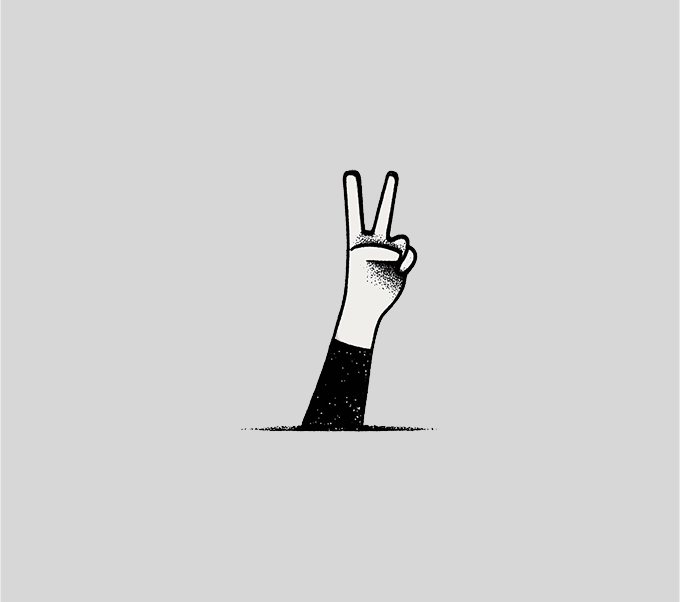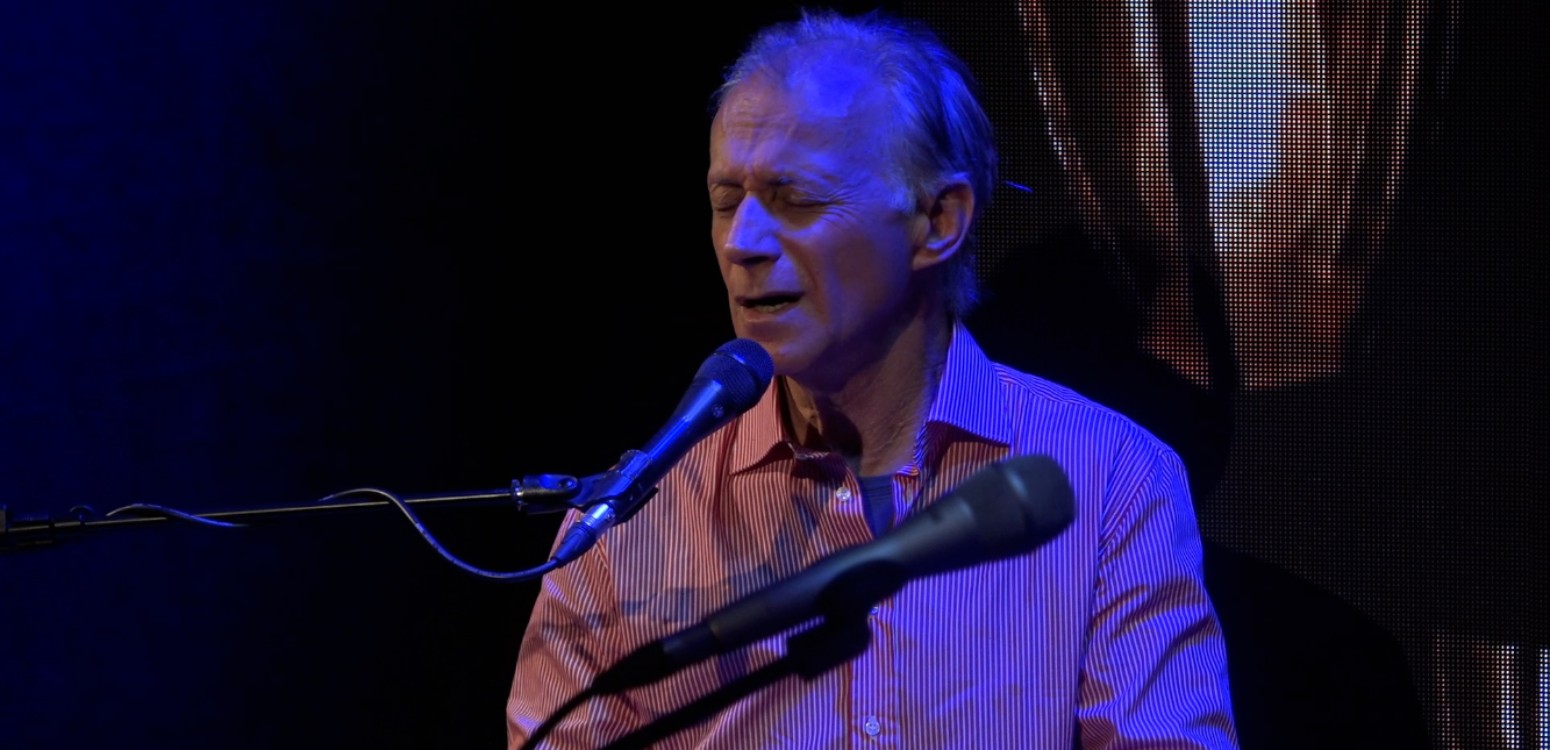
A recent study describes the tension grandparents experience nowadays as they navigate home life and work
Professor Liat Kulik of the School of Social Work at the Bar Ilan University says that the grandparent experience has undergone one of the biggest changes of our times. “In the past, the role was more homogenous,” she says. “In previous generations, grandparents were people who retired from public life, so to speak, and focused on their family and on raising the younger generations. Today, theoretically, grandparenthood can last for four decades. Life expectancy today stretches beyond the ninth decade, and in some sectors, one can find grandmothers as young as 40.”
Kulik continues: “The length of potential grandparenthood makes it a period in itself, and people want to pour real content into it. The discourse has also changed. If in the past there was an idealistic perception of grandparenthood as a solely positive experience, today we also hear conflicts being voiced. This falls into the trend of killing sacred cows, and it is also part of the zeitgeist. The same way as we have many types of bread these days, we also have various kinds of grandparents. There is the traditional type of the formal grandmother; there is the grandmother who replaces the parents; there are fun grandparents; there are the wise grandmothers and grandfathers who one can turn to for advice – there is legitimacy in choosing the approach that fits the particular grandparents.”
In her research, Kulik addressed the tension between home life and work: what happens to young grandparents, in their 50s and 60s – an ever-expanding community of grandparents who still get up every morning to go to work.
“Grandparents today have many roles. The grandfathers and grandmothers are still parents, they still work, they are still siblings – and on top of that there is grandparenthood. Plus, due to the increasing life expectancy, sometimes grandfathers and grandmothers are also still children who take care of very old parents. To a certain extent, they experience more stress than in other periods of life. On the one hand, the burden of caring for elderly parents is heavy; on the other hand, they are obliged to be available to the grandchildren so that their children can progress in their careers. However, the grandparents themselves don’t have a support system of their own: their parents no longer support them, and their physical abilities get weaker. The leisure culture, which encourages learning more, exercising more, actually comes into play during the period of life in which the number of roles is greater than at any other time.”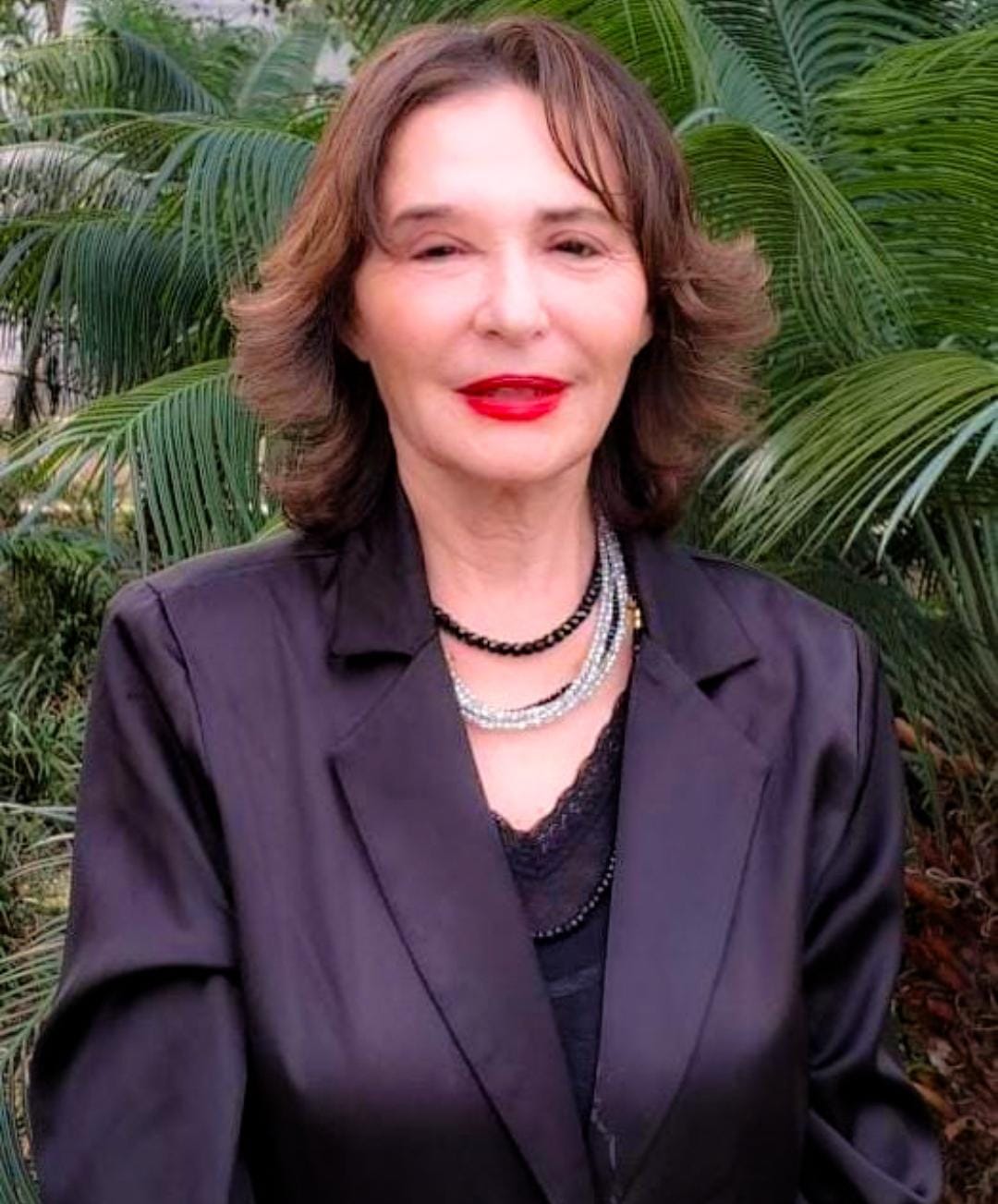
During your research you talked to many Israeli grandparents. What did you find?
“The surprising and interesting thing was that the more roles the subjects play, the more satisfaction they report on. They feel happy. They are busy, but the result is satisfaction. Overall, today grandparents are on the move, a balancing act on a unicycle – grandparents are acrobats. But like acrobats, they also walk around with a smile of their faces. There is more satisfaction than tension or conflict.”
Those looking for satisfied grandparents should check out Beit Avi Chai’s “A Date with Grandma and Grandpa”: a series of events, developed a few years ago by the BAC artistic team especially for a grandparent and their grandchild. “My grandparents passed away when I was very young, so I have always had a very special affection for others’ grandparents,” says Beit Avi Chai’s artistic director, Yotvat Fireaizen Weil. “Today you see a lot of grandparents who give significant support to parents. They are the babysitters, they are the ones taking the kids to the playground or to children’s plays. This time we decided to pay attention to the adults; the grandparents are now at the center."
In what way?
“In everything, from set design to content. In our ‘a Date with Grandma and Grandpa’ events, the spotlight is on the world of the grandparents. The invitation is actually for a couple’s date – a grandparent and a grandchild. We host our intergenerational couples in a space designed like an old-world cafe: candles on the tables, cookies like in the old times, tea. Our waitresses are writing workshop facilitators who offer questions to guide the conversations. In the first part of the meeting, the grandchild interviews the grandparent. One of the surprising things that happened at the first event is that we thought we were turning the spotlight onto the grandparents, but in fact both sides ended up enlightened. From the very beginning you saw how the grandchildren sat up straighter and how much they enjoyed the setting and their role as interviewers. The hearts open up on both sides – the grandchild listens and the grandparent speaks.”
What stories have you heard so far?
“At the first event, one of the grandmothers was sure she had nothing to tell. She was born in Israel and grew up in Israel. But the intergenerational bond does not need heroic stories. In the end, she shared a story about an argument she had as a child with her brother. They heard a musical piece on the radio and argued about what exactly that was. Of course, they had no way of finding out the right answer at the time. They sent a letter to the radio, asking for the musical piece to be played again. Weeks later, they received a letter in response which contained the scheduled date and time of the second performance. They turned on the radio on the appointed day, and it turned out that the grandmother was right. And while she was telling this story, our host-waitress asked her the name of the musical piece, found it on Google and played it for her. The grandmother was moved, while the granddaughter understood the great gap between the world then and the world today.”
What do you do with the memories of the event?
Fireaizen Weil and her partners in organizing these events, Miri Shaham and Liran Lifshits, send the couples home with a personalized book. “After the initial meeting, we encourage them to choose one meaningful memory, which has a beginning, middle and end, and together they turn it into a children’s book. In the next room, typewriters await them, which make the sound of the typewriters of old. There are also instant cameras, like in the 80s and 90s, and so the couples huddle together for pictures that will stay with them, even if not in the memory of their smartphones. There is a music room where they can listen to songs, and other rooms as well. These varied experiences are all aimed at connection, listening, embrace – in this crazy world saturated with screens. This shared adventure is very simple but also very comprehensive.”
This article was originally published in Hebrew.
For full details on “A Date with Grandparents” events (in Hebrew).
Main Photo: Envato Elements
Also at Beit Avi Chai




